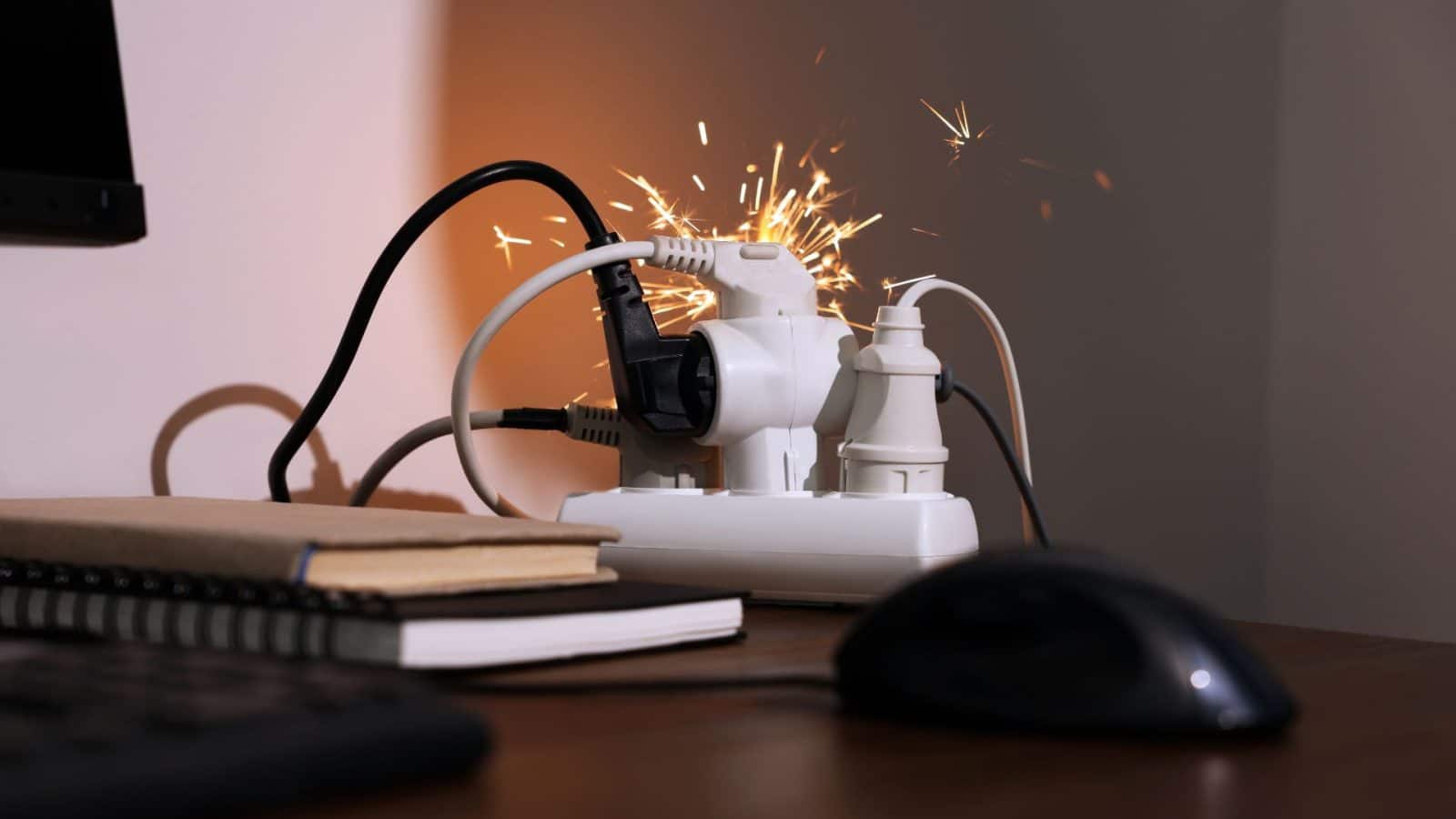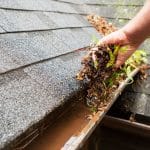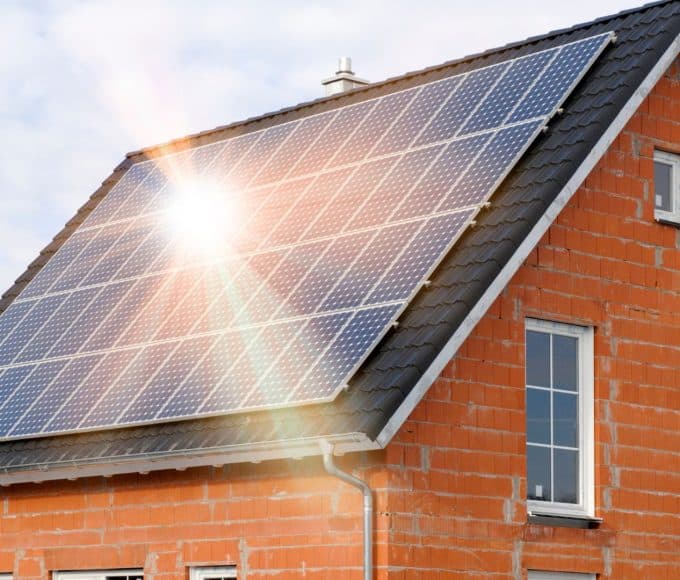Older homes have a unique charm, offering history, craftsmanship, and a distinctive aesthetic. However, they also come with their own set of challenges—especially when it comes to electrical systems. Electrical problems in older homes can pose serious risks, from fire hazards to inefficient energy use. If you own or are considering purchasing an older home, it’s crucial to understand the common electrical issues that may arise and how to address them before they become dangerous.
Common Electrical Problems in Older Homes
1. Outdated Wiring Systems
Many older homes still use knob-and-tube wiring or aluminum wiring, both of which can be unsafe by modern standards. Knob-and-tube wiring lacks a grounding conductor, increasing the risk of electrical shocks and fires. Aluminum wiring, used in some homes from the 1960s to the 1970s, can become brittle and cause overheating at connection points. If your home has either of these wiring types, consider upgrading to modern copper wiring to enhance safety.
2. Overloaded Circuits
Today’s appliances and technology require far more power than homes built decades ago were designed to handle. Many older houses have fewer outlets and circuits, leading homeowners to use extension cords and power strips excessively. This overloads circuits and increases the risk of electrical fires. If you experience frequent tripped breakers or flickering lights, it may be time to upgrade your electrical panel.
3. Insufficient Grounding
Proper grounding is essential for protecting your appliances and reducing the risk of electrical shocks. Many older homes were built before grounding became a standard practice, meaning outlets and wiring may not provide adequate protection. If you notice two-prong outlets instead of three-prong ones, your home may lack proper grounding, and an electrician should inspect and update the system.
4. Aging Electrical Panels
The electrical panel is the heart of your home’s electrical system, distributing power to various circuits. Older homes often have outdated panels that can’t keep up with modern electrical demands. Fuse boxes, for example, are no longer considered safe, and older circuit breaker panels may not meet today’s electrical codes. Upgrading your panel to a 200-amp system ensures your home can handle current electrical loads safely.
5. Faulty or Deteriorating Outlets and Switches
Over time, outlets and switches can wear out, becoming loose or unresponsive. Loose connections can lead to sparking, which is a fire hazard. If you notice discoloration, buzzing sounds, or a burning smell from an outlet, turn off the power immediately and have an electrician inspect the issue.
6. Frequent Power Surges
Older wiring systems may not be able to regulate voltage properly, leading to frequent power surges. These can damage electronics, appliances, and even the electrical system itself. Installing surge protectors or upgrading your home’s wiring can help prevent costly damage.
How to Address Electrical Problems in Older Homes
If you suspect your home has electrical issues, it’s important to act quickly. Hiring a licensed electrician to conduct a thorough inspection can help identify potential risks. An upgrade to modern wiring, circuit breakers, and outlets may be necessary to bring your home up to code and ensure your family’s safety.
Additionally, maintaining your home’s overall infrastructure is vital. If your electrical system is outdated, other areas of your home may also need attention. For example, ensuring that your home is structurally sound can help protect your home from flood damage and other disasters that may affect the integrity of your electrical system.
Conclusion
Owning an older home comes with responsibilities, including ensuring the safety of its electrical system. Electrical problems in older homes can lead to major hazards, including fires and power failures. By recognizing signs of outdated wiring, overloaded circuits, and faulty panels, homeowners can take proactive steps to address these issues before they become dangerous. If you live in an older house, consider hiring an electrician to assess your system and make necessary upgrades. Staying informed and proactive will keep your home safe, efficient, and up to code for years to come.
Recommended Readings: DIY Plumbing Hacks Every Homeowner Should Know















